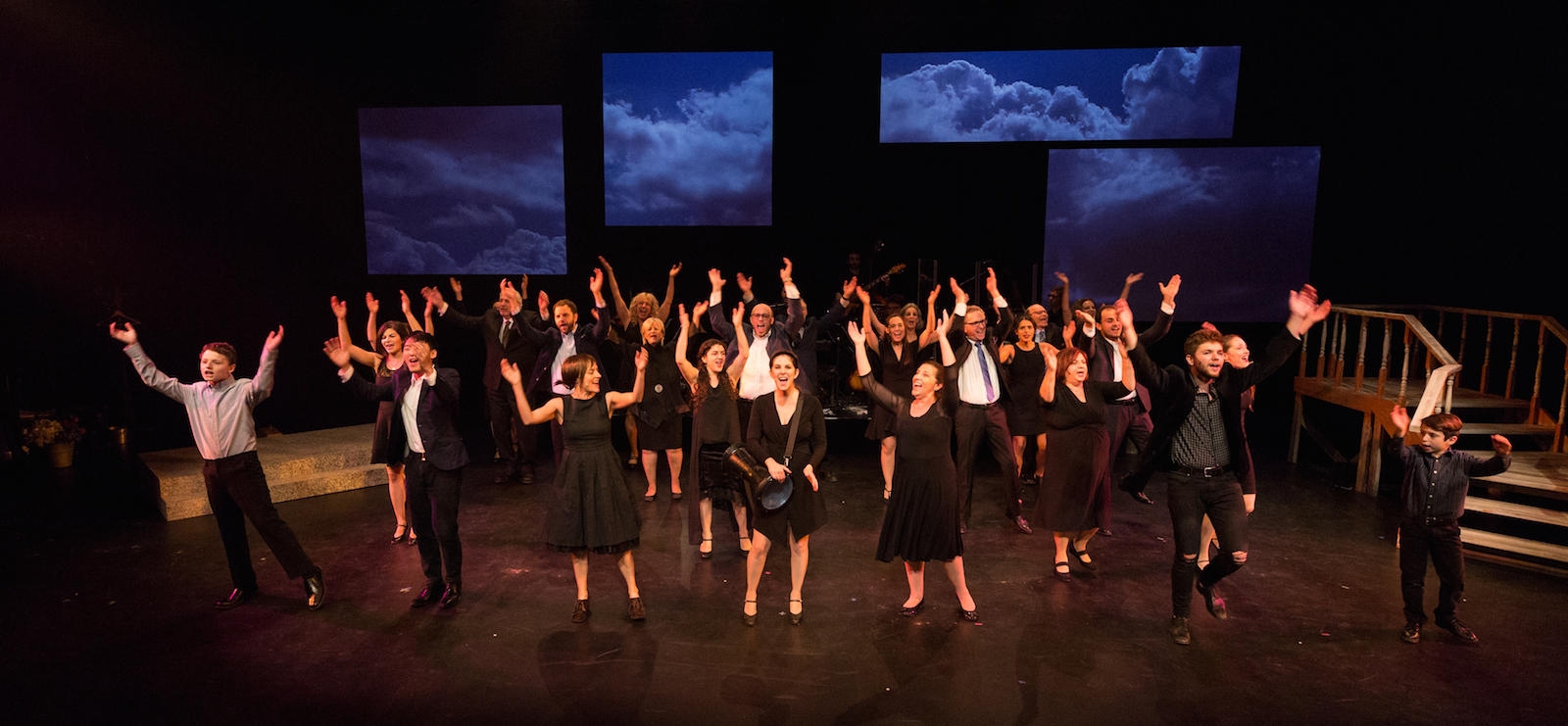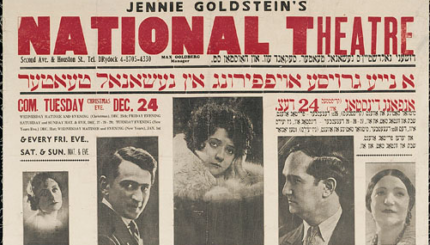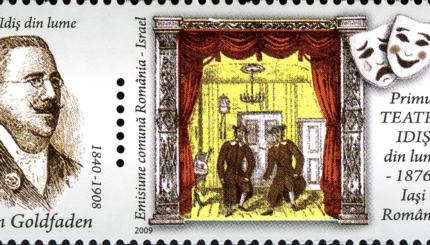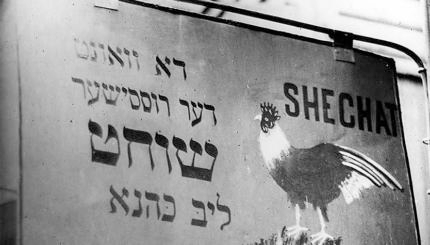It’s been a long time since the Yiddish theater’s heyday of the 1920s and 1930s. But it’s still possible to see live Yiddish theater and other cultural events if you know where to look. Below is a guide to Yiddish theater troupes and cultural events around the world. Did we miss one? Leave a comment below or email us at community@myjewishlearning.com.
Yiddish Theater
Dora Wasserman Yiddish Theatre (Montreal)
In addition to staging Yiddish and English performances, this Montreal-based theater company has an archive with artifacts such as Yiddish children’s films, sheet music, scripts and costume designs. Its after-school programming, Young Actors for Young Audiences (YAYA), provides ‘‘musical theatre training through theatre-based exercises and games from the perspective of Jewish heritage and Yiddish culture.’’ The theater, founded in 1958, has also taken the show on the road, performing in 48 cities throughout North America, Europe and Israel. English (and usually French) subtitles always accompany Yiddish performances.
National Yiddish Theatre Folksbiene (New York City)
Founded in 1915, National Yiddish Theatre Folksbiene describes itself as ‘‘the longest continuously producing Yiddish theater company in the world.’’ Repertoire includes both classic as well as contemporary Yiddish dramas, including Di Yam Gazlonim! (The Yiddish Pirates of Penzance), the Broadway Yiddish musical The Megile of Itzik Manger, and Joseph Rumshinsky’s 1923 operetta The Golden Bride. While the performances are in Yiddish, both English and Russian subtitles are provided for each performance.
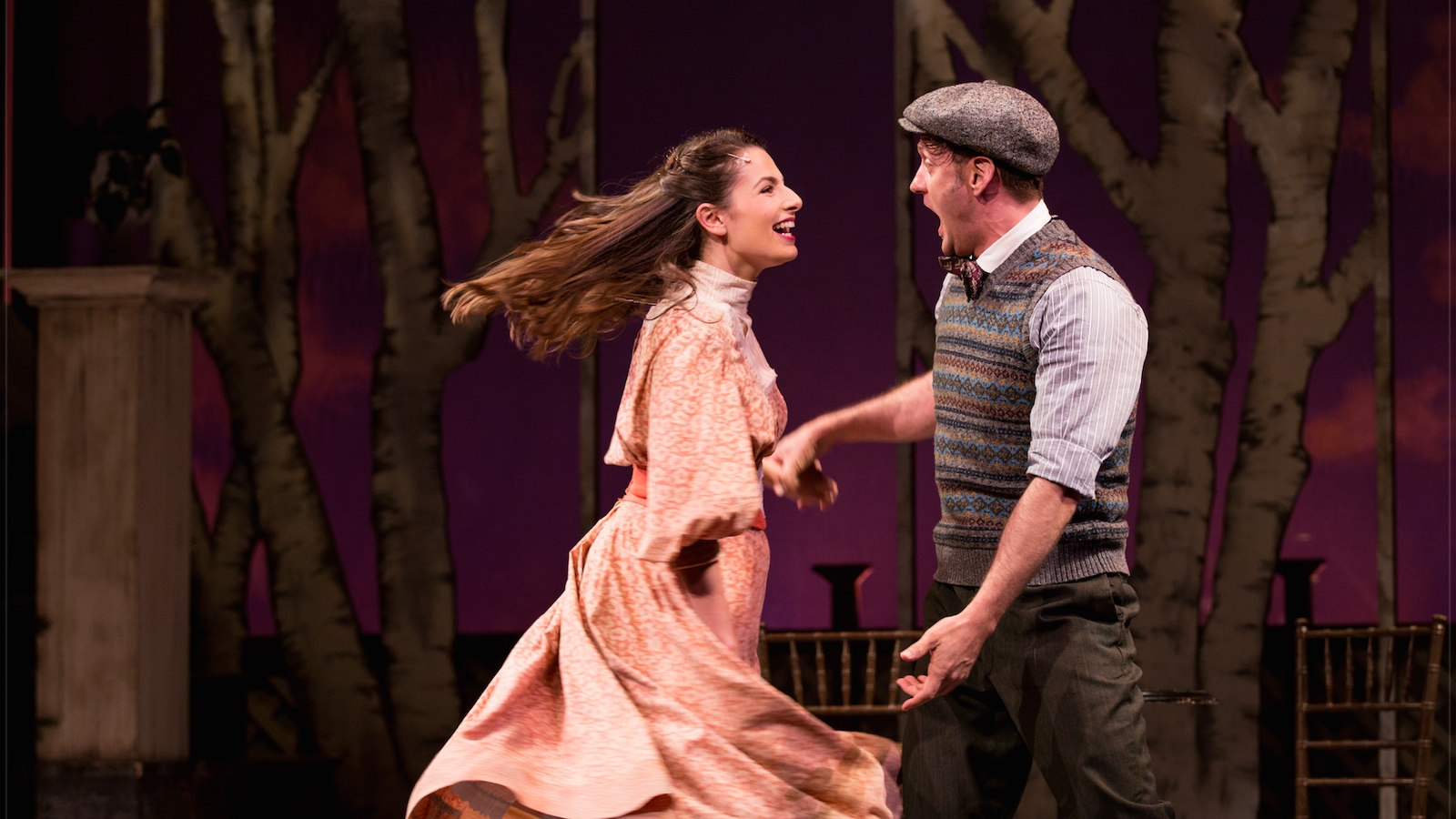
With your help, My Jewish Learning can provide endless opportunities for learning, connection and discovery.
New Yiddish Rep (New York City)
New Yiddish Rep says its goal is to speak ‘‘to a 21st century audience: modern treatments of the Yiddish classics and Yiddish interpretations of modern and postmodern masterpieces, in an intimate venue, at affordable prices, with easily readable supertitles.’’ The company presents classics of Yiddish theater as well as more contemporary releases, and it also offers other events, such as readings and workshops. Performances are in Yiddish with English subtitles.
Teatr Żydowski Estery Rachel i Idy Kamińskich (Warsaw)
The Jewish Theater Estery Rachel and Idy Kamińskich was formed in 1950 when two theater troupes — Lower Silesian Jewish Theater in Wrocław and the Jewish Theater in Łódź — joined. In 1955, the theater moved to Warsaw, and is currently the only Jewish theater in Poland. Repertoire includes classics from Yiddish theater and literature as well as cabaret and plays with Jewish themes. Note: Most performances are in Polish with no subtitles.
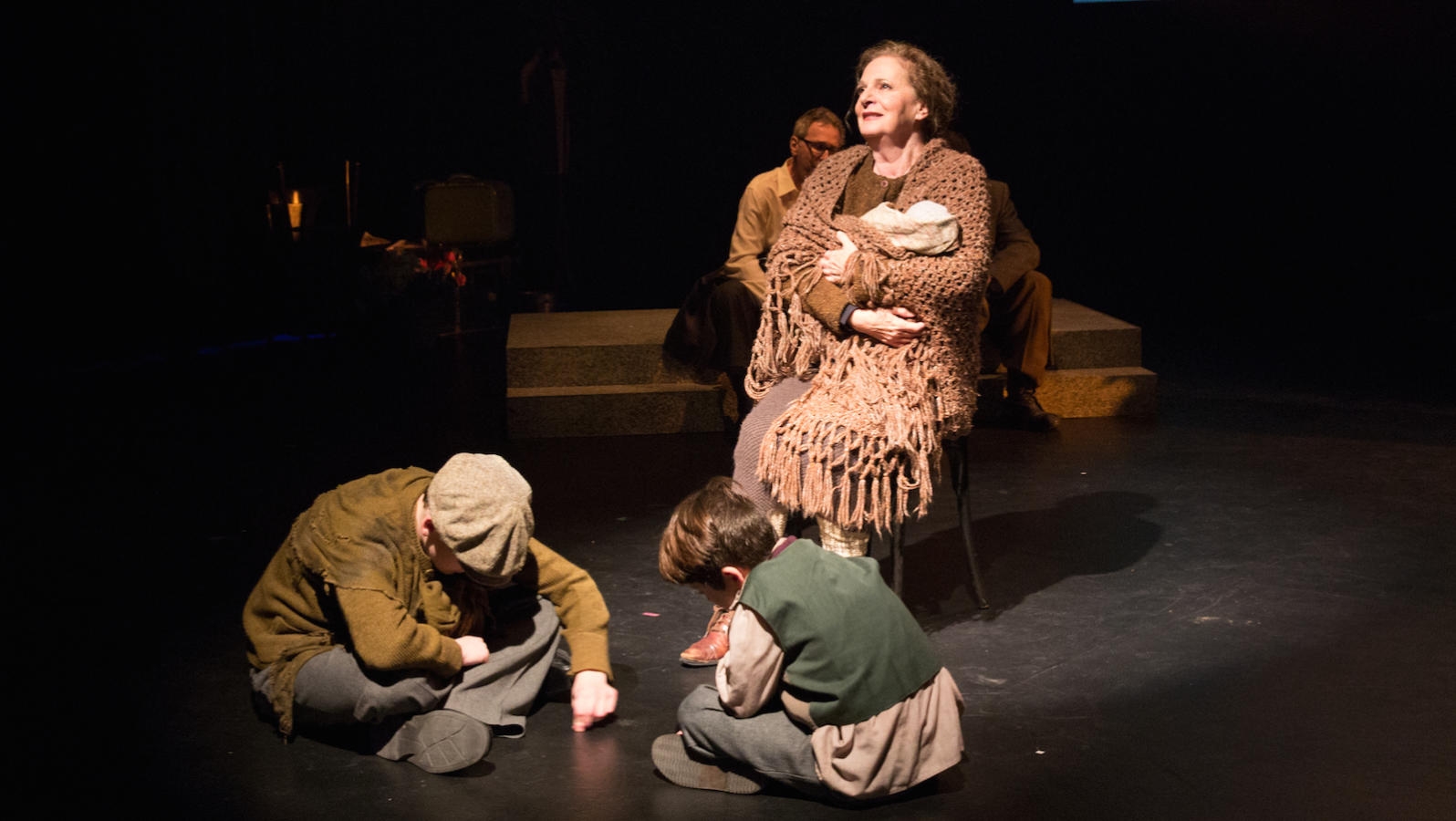
Teatrul Evreiesc (Bucharest, Romania)
The Jewish Theater in Bucharest has operated without interruption for since Avram Goldfaden founded it in 1876 in Yassy as the first professional Jewish theater. The theater eventually moved to Bucharest, and became a national institution in 1948. During World War II no performances in Yiddish or by Jews were permitted in Romania, but the theater still ran contemporary pieces in Romanian. Today, the theater’s repertoire include both Romanian-language contemporary plays as well as well-known classics of Yiddish theater, such as S. Ansi’s Der Dybbuk and Jacob Gordin’s The Jewish King Lear. All Yiddish plays are performed in the original Yiddish and are supplemented by Romanian subtitles.
Theater J’s Yiddish Theater Lab (Washington, DC)
Theater J’s Yiddish Theater Lab debuted in 2018. Under the auspices of the Edlavitch DC Jewish Community Center, Theater J’s YTL says it “revives and re-imagines neglected classic plays of the Yiddish theater, bringing them to a modern audience in English translation.’’ Performances, mostly staged readings rather than full performances, are in English translation. Repertoire includes Jacob Gordin’s The Jewish King Lear; God, Man (also by Gordin); and Ossip Dymov’s Devil and The Bronx Express.
Yiddishpiel (Tel Aviv)
The only Yiddish theater in Israel, Yiddishpiel was established in 1987 with the goal of ‘‘restoring to Yiddish…its charm, its popularity, and its glory, and to make it the focus of a rich and significant culture that is an important foundation stone in the history of the Jewish nation.’’ Classic plays such as those from Abraham Goldfaden and Isaac Bashevis Singer are staged, but non-Yiddish plays that have been translated into Yiddish (such as Samuel Beckett’s Waiting for Godot) are also part of Yiddishpiel’s repertoire. All plays are performed in Yiddish, but subtitles in Russian, Hebrew and other languages — depending on where the troupe is performing — are provided.
Other Yiddish Cultural Events
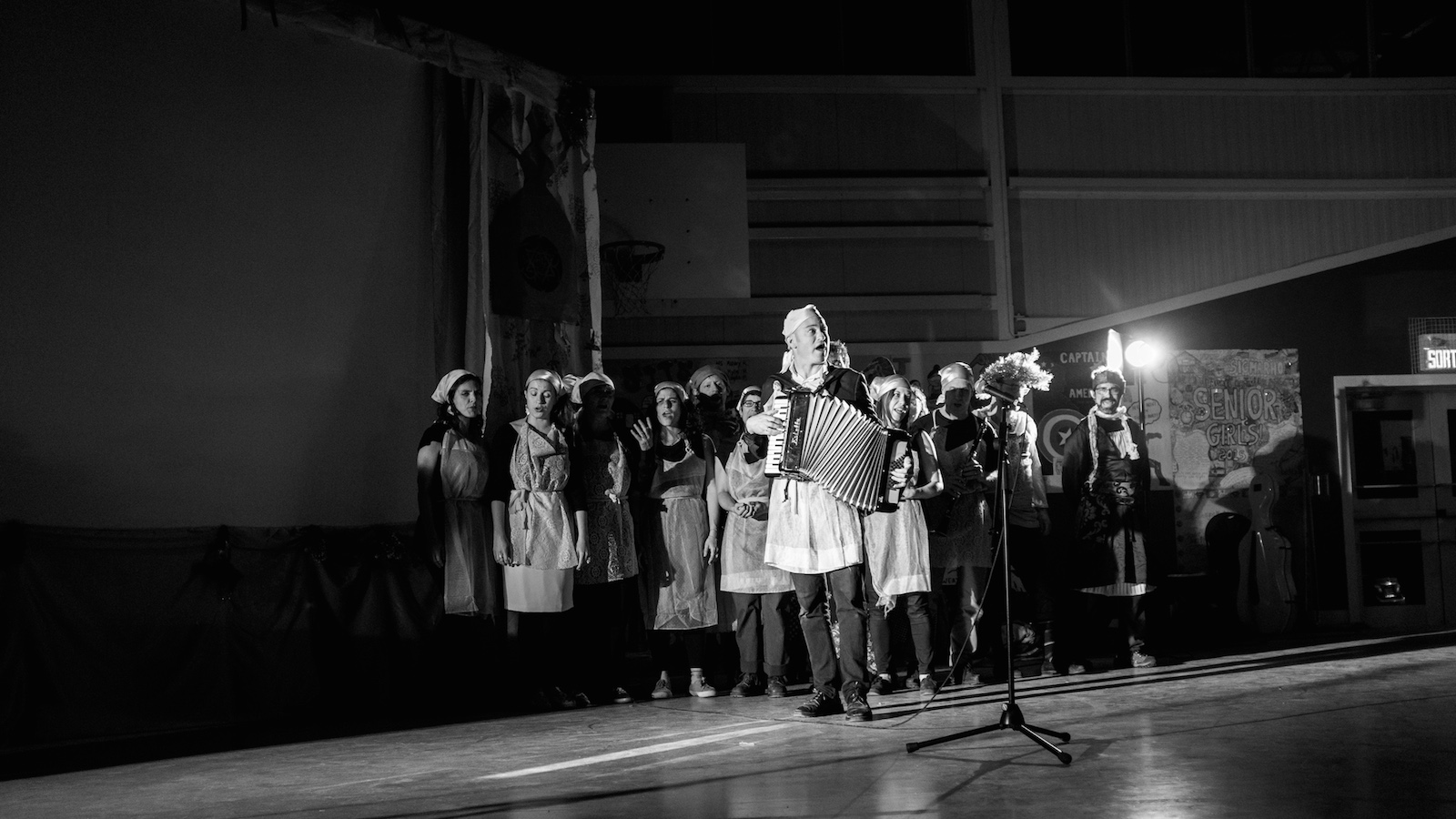
Ashkenaz Festival (Toronto)
This biennial festival describes itself as “one of the largest and most prestigious showcases of Jewish music and culture in the world.” While originally focused on klezmer music and Yiddish culture, the festival has expanded to include Sephardic and Mizrahi cultural programming as well.
Klezkanada (Montreal Area)
KlezKanada offers Yiddish-related programming year-round in Montreal, but its KlezKanada Laurentian Retreat — often simply referred to as ‘‘KlezKanada’’ — is held at Camp B’nai Brith in Quebec’s Laurentian Mountains. The late-summer week-long retreat aims, according to KlezKanada’s website, to ‘‘celebrate the tradition, innovation, and continuity of Jewish/Yiddish culture,’’ and offers ‘‘classes on Jewish history, culture, Yiddish language, and literature, workshops for instrumentalists, singers, dancers, and visual artists of all levels, creative programs for the whole family.’’
Klezmerwelten (Gelsenkirchen, Germany)
The Klezmerwelten Festival in Gelsenkirchen features klezmer ensembles from Germany and other countries such as the United States, Argentina, and Israel. Concerts showcase all styles of klezmer, including those that experiment with fusing styles such as funk and jazz. As with many other klezmer festivals, Klezmerwelten includes klezmer workshops for children, teens and adults. This event is not held every year.
Museum of Yiddish Theater (online)
Launched in 2010, this virtual museum showcases the‘‘legacy of Yiddish Theater, radio, recordings and films for future generations and scholars.’’ The website includes links to resources and archives related to Yiddish theater and music that you can visit online and in real life such as YIVO Institute for Jewish Research and The Thomashevsky Project.
Yiddish New York (New York City)
This weeklong festival takes place every December on New York’s Lower East Side, with workshops ranging from ‘‘klezmer music, Yiddish dance, song, and a broad spectrum of performances and programming in Yiddish language, arts, history and culture.’’ Dance parties, concerts and opportunities to jam are available in the evening.
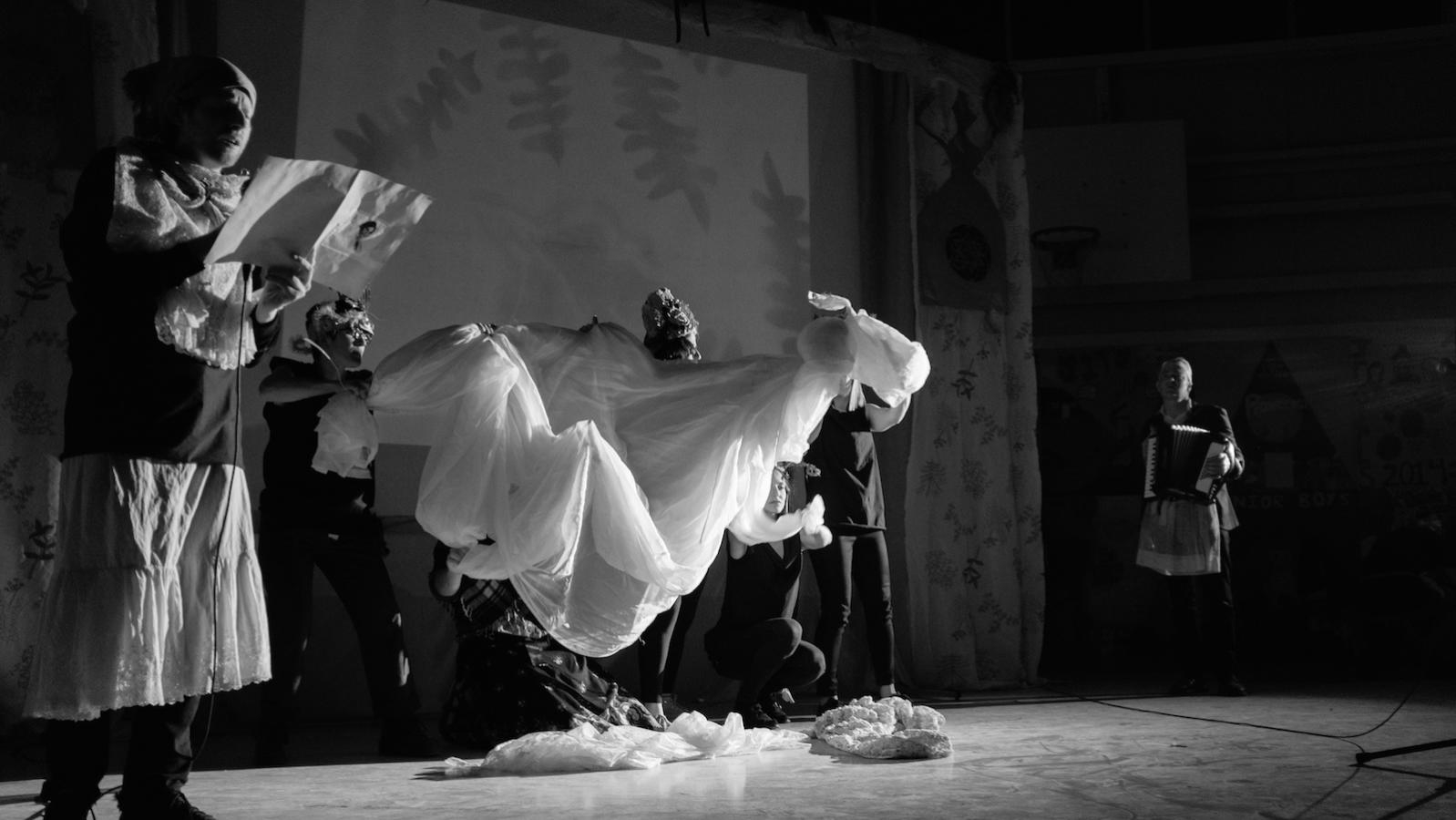
Yidish Vokh (Upstate New York)
Yidish Vokh is held for a week every year in August, and is currently located in the Berkshire Hills Eisenberg Camp (BHEC) in Copake, New York. Events include workshops, Yiddish classes, and lectures, along with recreational activities such as sports, campfires and even reality shows. While people of all ages and nationalities are welcome, Yidish Vokh is not intended for those who know no Yiddish or who have just started learning. The event’s website specifies that ‘‘The YV is the event to aspire to once you can already communicate in Yiddish.’’
Yiddish Summer Weimar (Weimar, Germany)
The four-week-long YSW features workshops in Yiddish as well as music and dance. There is no obligation to stay for the entire program; participants may also attend single concerts.
Yiddishkayt (Los Angeles)
Located in California, Yiddishkayt describes itself as ‘‘a cultural incubator’’ that offers ‘‘hands-on, immersive experiences creatively, inclusively, and outside the confines of academic and religious institutions.’’ Yiddishkayt offers online programs, such as Monsa Monster — a podcast series on Yiddish storytelling available on iTunes — and the web series YidLife Crisis. It also offers the Helix Fellowship, ‘‘an immersive residential summer program that transforms scholars, artists, and activists into cultural archaeologists,’’ and Yiddish cultural tours of Poland, Lithuania and Belarus.
